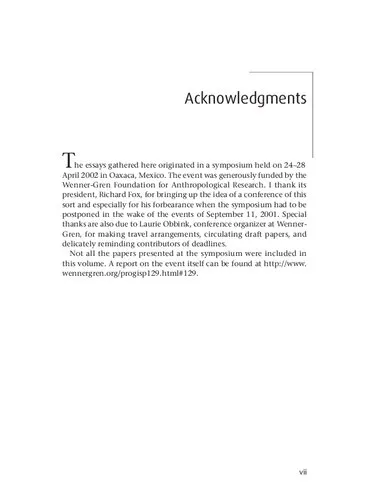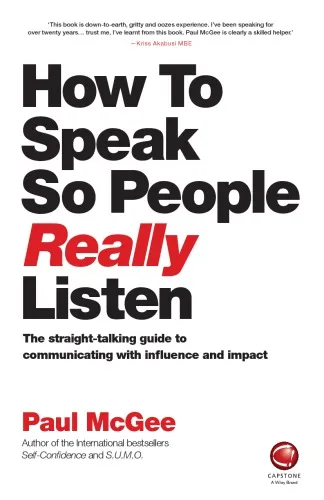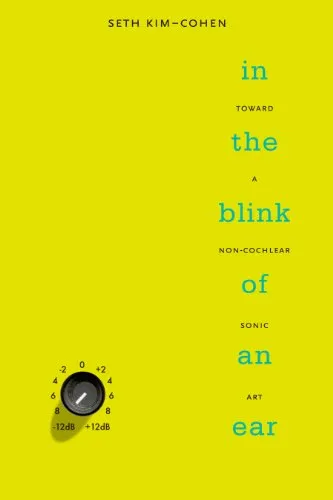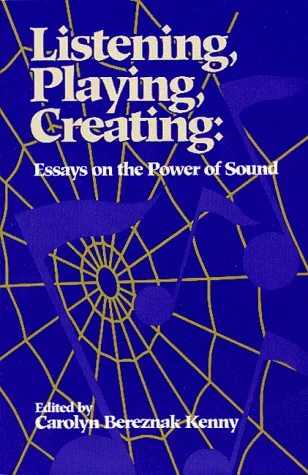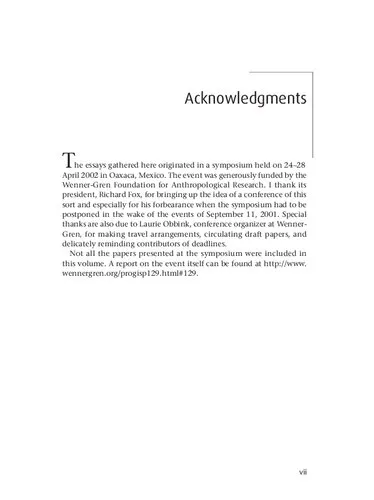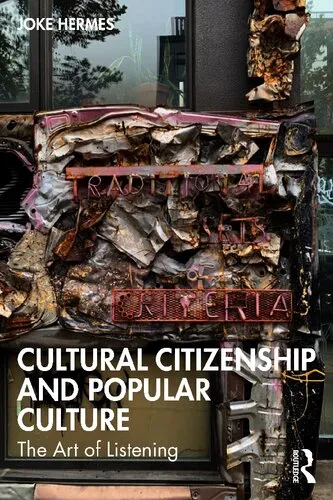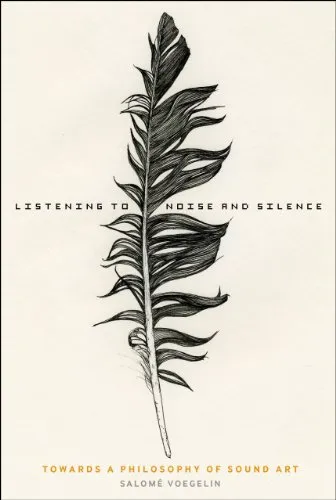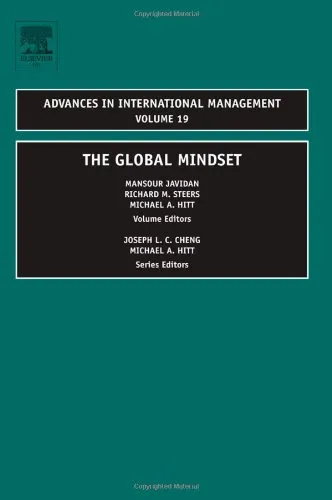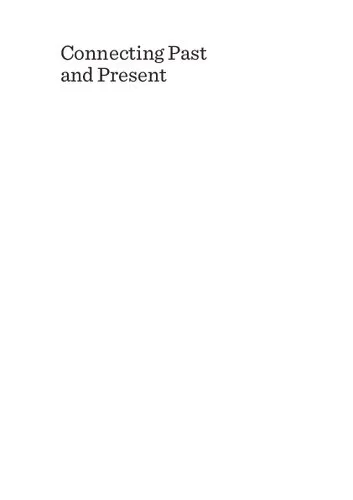Hearing Cultures: Essays on Sound, Listening and Modernity (Wenner Gren International Symposium Series)
4.0
Reviews from our users

You Can Ask your questions from this book's AI after Login
Each download or ask from book AI costs 2 points. To earn more free points, please visit the Points Guide Page and complete some valuable actions.Related Refrences:
Introduction to 'Hearing Cultures: Essays on Sound, Listening and Modernity'
"Hearing Cultures: Essays on Sound, Listening and Modernity" is a thought-provoking collection of essays that bridges the gap between sound studies, cultural anthropology, sociology, and modern history. Edited by Veit Erlmann, this book delves deeply into the complex and often overlooked dimensions of sound and listening, demonstrating how auditory perception is deeply embedded in cultural and social structures. In this anthology, contributing scholars illuminate how sound and listening practices shape and are shaped by modernity, influence individual and collective identities, and affect our relationships with the world and one another.
The rise of modern sound studies marks a pivotal moment in scholarship, where academia has shifted from a traditionally vision-centric focus to a richer auditory understanding of human experience. This book offers a window into this transformation while challenging readers to think critically about how sound affects their environment, from urban soundscapes to personal habits of listening. With its interdisciplinary approach, "Hearing Cultures" seeks to provide historical insights and contemporary perspectives to help reframe the ways we understand sensory engagement in our globalized world.
Detailed Summary of the Book
The book consists of a series of essays by leading voices in sound and cultural studies, each examining a different aspect of sound and listening within the framework of modernity. These essays explore diverse topics, including the auditory dimensions of space, the political and ideological implications of sound, and how listening practices differ across cultures and historical periods. From the role of sound in ritual performances to the dynamics of noise in urban environments, each chapter presents a fresh perspective on how sound functions as a cultural and historical phenomenon.
The collection begins by reconsidering the notion of listening—what it means to hear and how hearing differs across cultural contexts. Moving on, the essays investigate subjects like the commodification of sound in capitalist societies, the ongoing “sonic war” between tradition and modernity, and the politics of noise and silence. The book draws heavily on ethnographic studies, illustrating its arguments with rich examples from around the world, whether it is the use of sound in religious ceremonies or the societal impact of technologies like the phonograph.
As the essays unfold, a central theme becomes apparent: sound is inseparable from power, space, and social order. The authors argue that auditory perception is not just a passive process but an active, culturally-loaded practice that plays a significant role in shaping identities, hierarchies, and ideologies.
Key Takeaways
- Sound and listening are deeply cultural practices—there is no universal way to hear.
- Modernity has significantly transformed how we engage with and interpret sound, especially through technological advances and industrialization.
- Noise, music, silence, and even the act of listening itself are entangled with political, spatial, and social power dynamics.
- Understanding soundscapes can provide insights into broader societal and cultural dimensions, such as identity, community, and conflict.
- Auditory culture is a valuable lens for examining how humans perceive their place in the world, challenging the traditional dominance of visual analysis.
Famous Quotes from the Book
"Hearing and listening are not merely physiological acts; they are deeply rooted in the cultures and societies to which individuals belong."
"Modernity brought with it not just industrial clamor but also new ways of silencing voices, thereby shaping the politics of the audible."
"The organization of sound in space is as political as it is sensory. To control sound is to control experience."
Why This Book Matters
The importance of "Hearing Cultures" lies not only in its interdisciplinary approach but also in its unique contribution to our understanding of sound and listening as central components of human culture. At a time when the visual often dominates our sensory engagement with the world, this book reminds us of the vital role sound plays in shaping identity, history, and society.
This collection challenges readers—scholars, students, and general audiences alike—to rethink how they perceive sound in their everyday lives. By presenting listening as more than a physiological act and instead framing it as a deeply cultural phenomenon, "Hearing Cultures" reveals how the aural dimensions of life impact everything from public policy to personal agency.
Furthermore, the book is an invaluable resource for anyone interested in sound studies, anthropology, or sociology, offering a fresh perspective on the auditory turn in contemporary scholarship. Through its varied essays, readers are encouraged to explore how listening practices intersect with the rapid transformations of modernity and globalization, making it a critical text for understanding the complexities of the modern world.
Free Direct Download
You Can Download this book after Login
Accessing books through legal platforms and public libraries not only supports the rights of authors and publishers but also contributes to the sustainability of reading culture. Before downloading, please take a moment to consider these options.
Find this book on other platforms:
WorldCat helps you find books in libraries worldwide.
See ratings, reviews, and discussions on Goodreads.
Find and buy rare or used books on AbeBooks.
1331
بازدید4.0
امتیاز0
نظر98%
رضایتReviews:
4.0
Based on 0 users review
Questions & Answers
Ask questions about this book or help others by answering
No questions yet. Be the first to ask!
